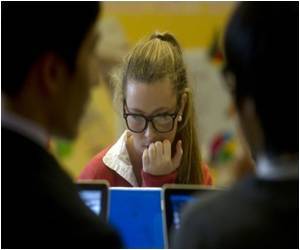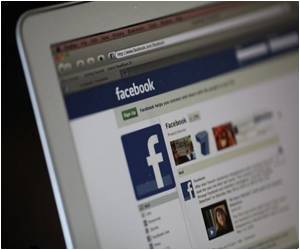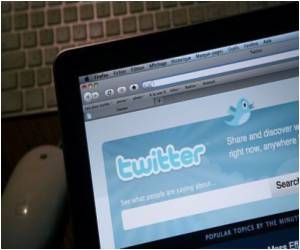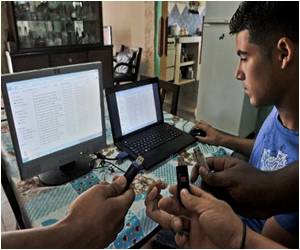People experience long lasting effects such as stress and anxiety, and in some cases post-traumatic stress disorders after viewing violent stories and images.

In this study, the researchers wanted to see if people would experience longer lasting effects such as stress and anxiety, and in some cases post-traumatic stress disorders from viewing these images.
Some 189 participants (participant’s mean age was 37 years old with an almost even gender split) completed clinical assessments for PTSD, a personality questionnaire, a vicarious trauma assessment and a questionnaire concerning different violent news events on social media or the internet.
These included the 9/11 Twin Tower attacks in the US, school shootings and suicide bombings.
Analysis indicated that 22% of participants were significantly affected by the media events.
These individuals scored high on clinical measures of PTSD even though none had previous trauma, were not present at the traumatic events and had only watched them via social media.
"With increased access to social media and the internet via tablets and smartphones, we need to ensure that people are aware of the risks of viewing these images and that appropriate support is available for those who need it," Ramsden pointed out.
Source-IANS
 MEDINDIA
MEDINDIA




 Email
Email





